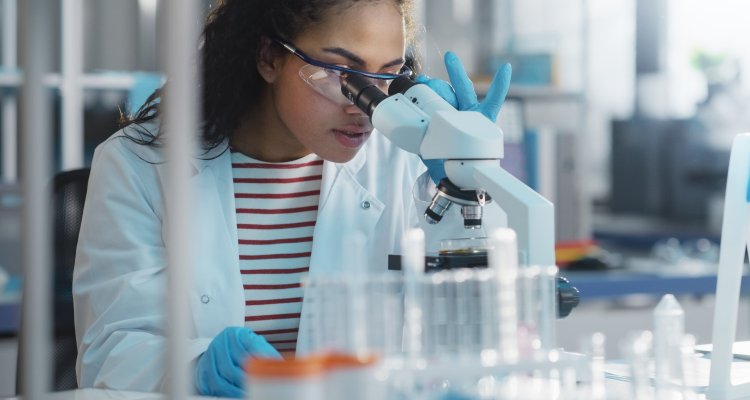
Project
Developing organoids for livestock research
In this project researchers develop organoids to study animal nutrition and health. An organoid is a tiny, simplified version of an organ derived from stem cells. They replicate much of the complexity of an organ and replace some animal experiments.
After a decade of research on human organoids, these organoids have already achieved a lot in nutritional and pharmaceutical research and they are also instrumental in diagnostics and even clinical treatment. In organoid research for animal nutrition and health studies, researchers build on knowledge gained from the human field.
Livestock organoids help to answer research questions in animal breeding and animal nutrition. The researchers are, for instance, interested in the question why some pigs use feed more efficiently than other pigs, a quite complex trait of an animal. One of the aims is to identify differences between individual animals in these complex trait. The organoids are also useful to test specific ingredients of animal feed and in the future they might also be valuable for questions on animal health and pharmaceutics.
Progress (September 2023)
Since 2021, the researchers have been able to produce pig intestinal organoids. Researchers from Wageningen University & Research and external researchers can use these organoids for their research. These organoids contain one type of cell derived from adult stem cells and are programmed to proliferate and differentiate into their own lineages.
This year, the project team started to work on organoid immune cell co-cultures. For the immune cell co-culture, the team will combine intestinal organoids with immune cells. The development of such an in vitro model may help researchers to better understand the crosstalk between immune cells and intestinal cells, because, under in vivo conditions, such interactions will play a critical role in tissue homeostasis and inflammation. In cooperation with the group of CBI, the researchers will test the Mimetas system and on-a-chip model with the intestinal organoids from pig. Within a new started PPP (Public Private Partnership), they will use the Transwell system to combine immune cells and intestinal porcine organoids. In the meantime, WLR is committed to developing in vitro models of pig intestinal organoids to reliably measure nutrient uptake, which is being done as part of other ongoing projects.